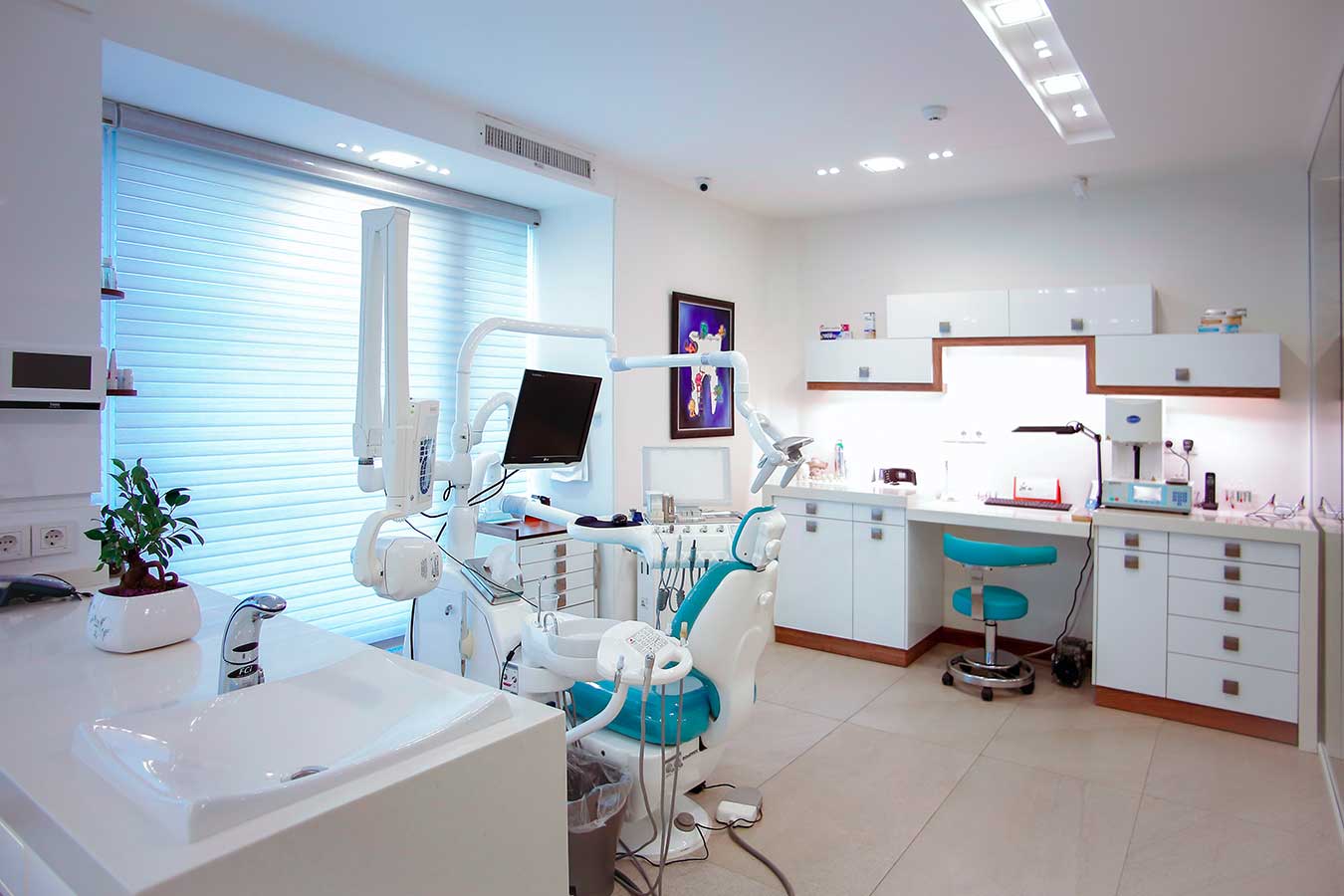By: Justin Pothoven, CPA, Client Advisor
Now that 2021 taxes are behind us, it’s time to start planning for next year. As you think about strategies to lower your tax liability in 2022, dental practice owners should consider taking advantage of Section 179 of the U.S. internal revenue code. Section 179 provides substantial opportunities for business owners to accelerate depreciation on commercial property as well as depreciable assets.
Immediate Deductions for Business Equipment
Under Section 179, practice owners who invest in new business equipment that is depreciable, can take an immediate expense deduction for the full purchase amount, rather than capitalizing and depreciating the asset over time in future tax years. The deductions apply to qualifying assets such as office equipment, medical equipment, vehicles, computers, and software. Assets must be used for business purposes more than 50% of the time, and the property must be placed in service during the tax year for which the deduction is being claimed. Section 179 is limited to a maximum deduction of $1,050,000, and a value of property purchased to $2,620,000 per year.
Tax Incentive to Grow Your Practice
Section 179 presents significant incentives to practice owners who want to grow their business by purchasing new equipment, and substantial relief for business owners who are purchasing startup equipment. For example, let’s say you’d like to purchase a big-ticket item, such as a new X-ray machine that costs $80,000. Under section 179, qualifying diagnostic imaging equipment can be taken as an immediate expense deduction. That allows you to deduct the full $80,000 on your taxes, which is a significant benefit compared to smaller deductions taken over a longer period of time.
Speeding up the deduction makes it easier for practice owners to upgrade to state-of-the-art technology or purchase new equipment to expand services and increase production.
Expensing for Property
If you own commercial property, such as the building where your practice is located, Section 179 also allows you to reduce your taxable income from real estate operations. The process is a little more complicated than it is for depreciable assets, but the tax savings are worth it.
Just as with appreciable assets, Section 179 allows business property owners to accelerate depreciation deductions on their property. Instead of treating the property as one unit that is depreciated over 39 years, Section 179 allows you to separate the property into different components that can be depreciated over a shorter time. Items such as furniture, carpeting, and window treatments, are depreciated over a five- or seven-year life. Land improvements, such as sidewalks or landscaping, are subject to a 15-year depreciation.
To segregate the different components of the property into categories that can be depreciated more quickly, practice owners should commission a Cost Segregation Study. The study isn’t difficult to have done and can be performed by an engineering firm. While you would need to pay for the study, the potential tax benefits make the cost well worth it.
Renovations Can Lower Your Tax Liability
If you own or recently purchased a building for your practice, you could make significant improvements to the building’s interior that would qualify for accelerated deductions under Section 179. Essentially, any improvement to a building’s interior qualifies except for the following:
- Building enlargements
- Changes to the internal structural framework of the building
- Adding elevators and escalators
- Roofs, HVAC, and security and fire alarms
If you’re considering renovations and want to be sure the work being done will qualify under Section 179, consult with your financial planner first.
As you think about what kind of investment it will take to grow your practice, Section 179 could help make it more affordable. If you’d like to learn more about how Section 179 might allow you to reduce your tax liability, schedule a call with our team at Engage Advisors. We’re ready to help you start planning now for ways to lower your taxes in 2022.

